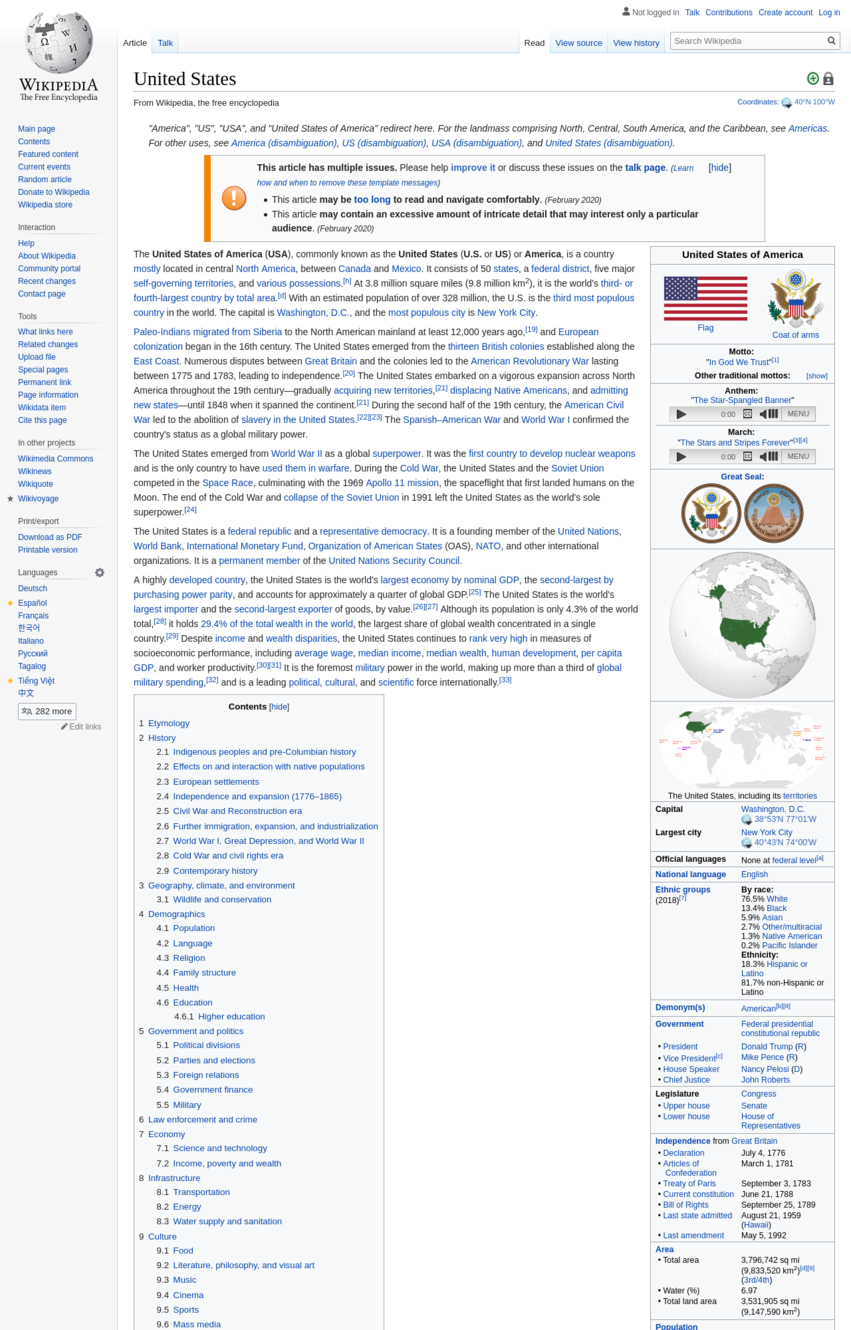Few-Shot Learning for Opinion Summarization
Arthur Bražinskas, Mirella Lapata, Ivan Titov
Summarization Long Paper

You can open the pre-recorded video in a separate window.
Abstract:
Opinion summarization is the automatic creation of text reflecting subjective information expressed in multiple documents, such as user reviews of a product. The task is practically important and has attracted a lot of attention. However, due to the high cost of summary production, datasets large enough for training supervised models are lacking. Instead, the task has been traditionally approached with extractive methods that learn to select text fragments in an unsupervised or weakly-supervised way. Recently, it has been shown that abstractive summaries, potentially more fluent and better at reflecting conflicting information, can also be produced in an unsupervised fashion. However, these models, not being exposed to actual summaries, fail to capture their essential properties. In this work, we show that even a handful of summaries is sufficient to bootstrap generation of the summary text with all expected properties, such as writing style, informativeness, fluency, and sentiment preservation. We start by training a conditional Transformer language model to generate a new product review given other available reviews of the product. The model is also conditioned on review properties that are directly related to summaries; the properties are derived from reviews with no manual effort. In the second stage, we fine-tune a plug-in module that learns to predict property values on a handful of summaries. This lets us switch the generator to the summarization mode. We show on Amazon and Yelp datasets that our approach substantially outperforms previous extractive and abstractive methods in automatic and human evaluation.
NOTE: Video may display a random order of authors.
Correct author list is at the top of this page.
Connected Papers in EMNLP2020
Similar Papers
Q-learning with Language Model for Edit-based Unsupervised Summarization
Ryosuke Kohita, Akifumi Wachi, Yang Zhao, Ryuki Tachibana,

Unsupervised Reference-Free Summary Quality Evaluation via Contrastive Learning
Hanlu Wu, Tengfei Ma, Lingfei Wu, Tariro Manyumwa, Shouling Ji,

Summarizing Text on Any Aspects: A Knowledge-Informed Weakly-Supervised Approach
Bowen Tan, Lianhui Qin, Eric Xing, Zhiting Hu,

Evaluating the Factual Consistency of Abstractive Text Summarization
Wojciech Kryscinski, Bryan McCann, Caiming Xiong, Richard Socher,
